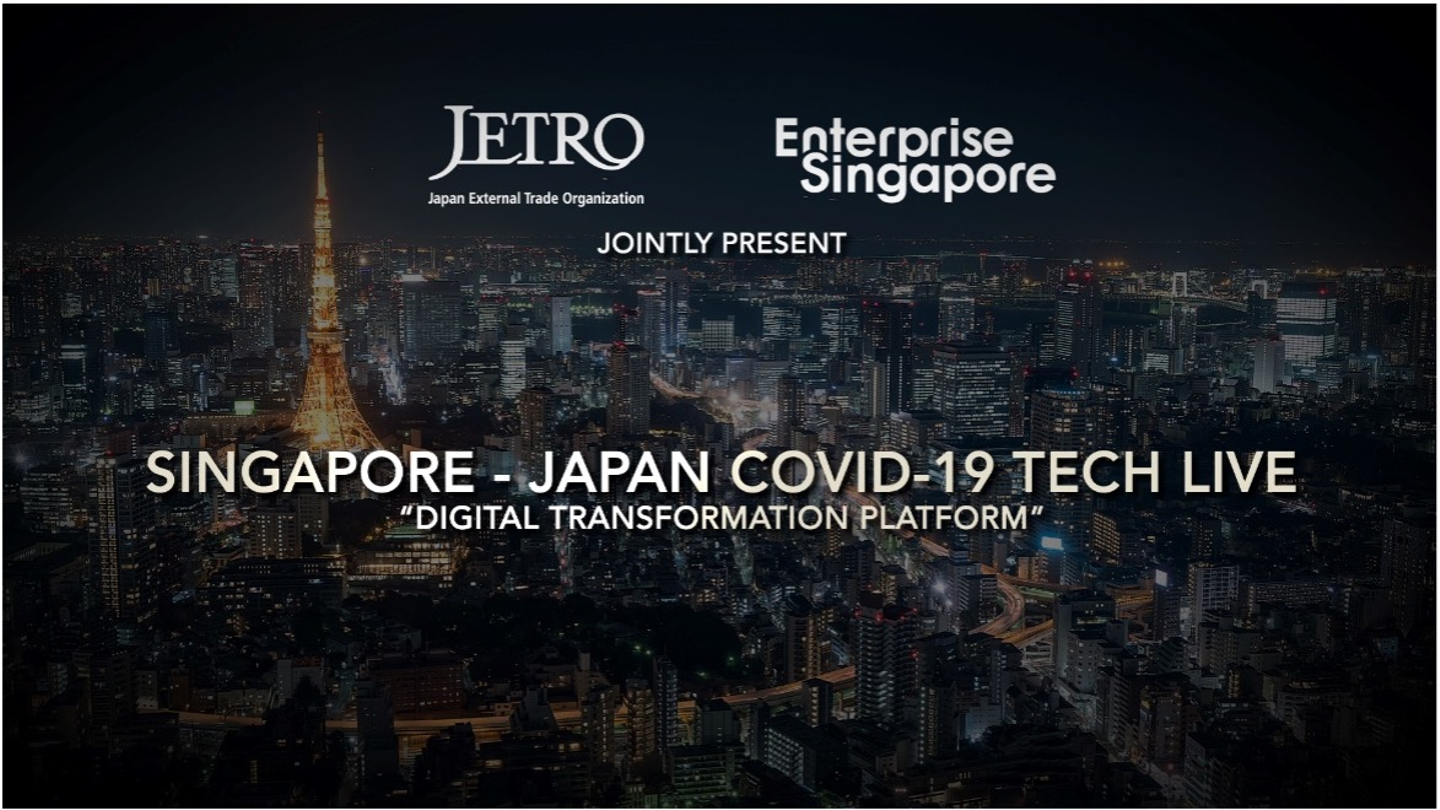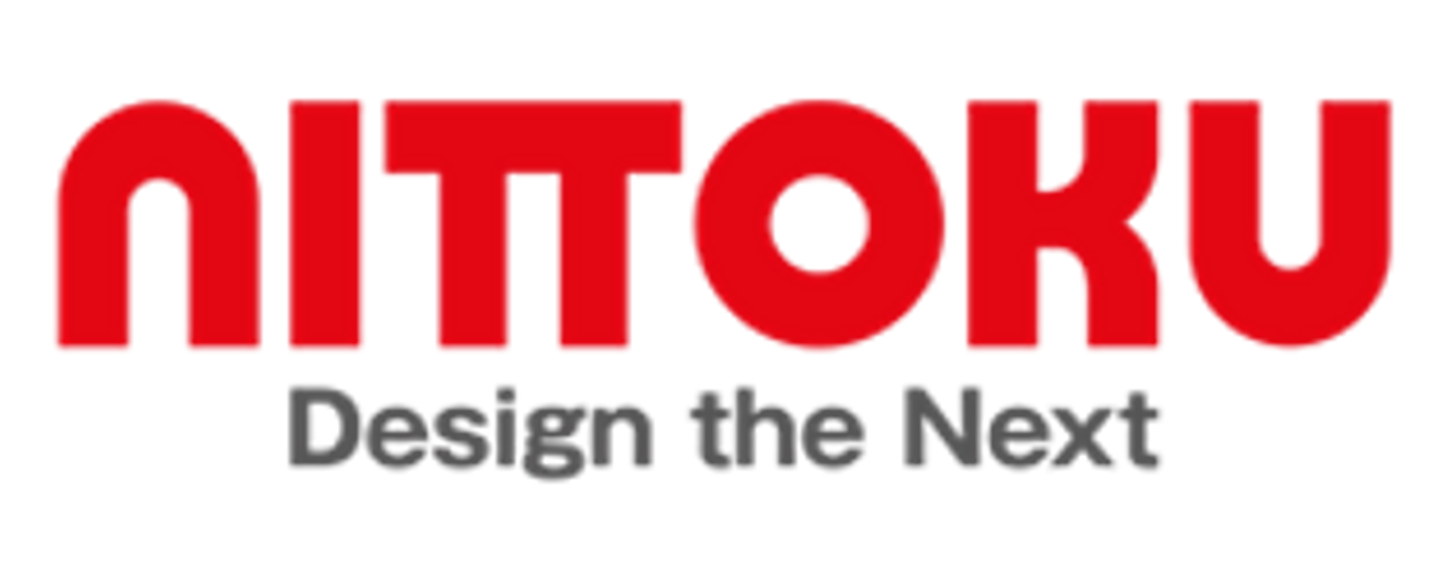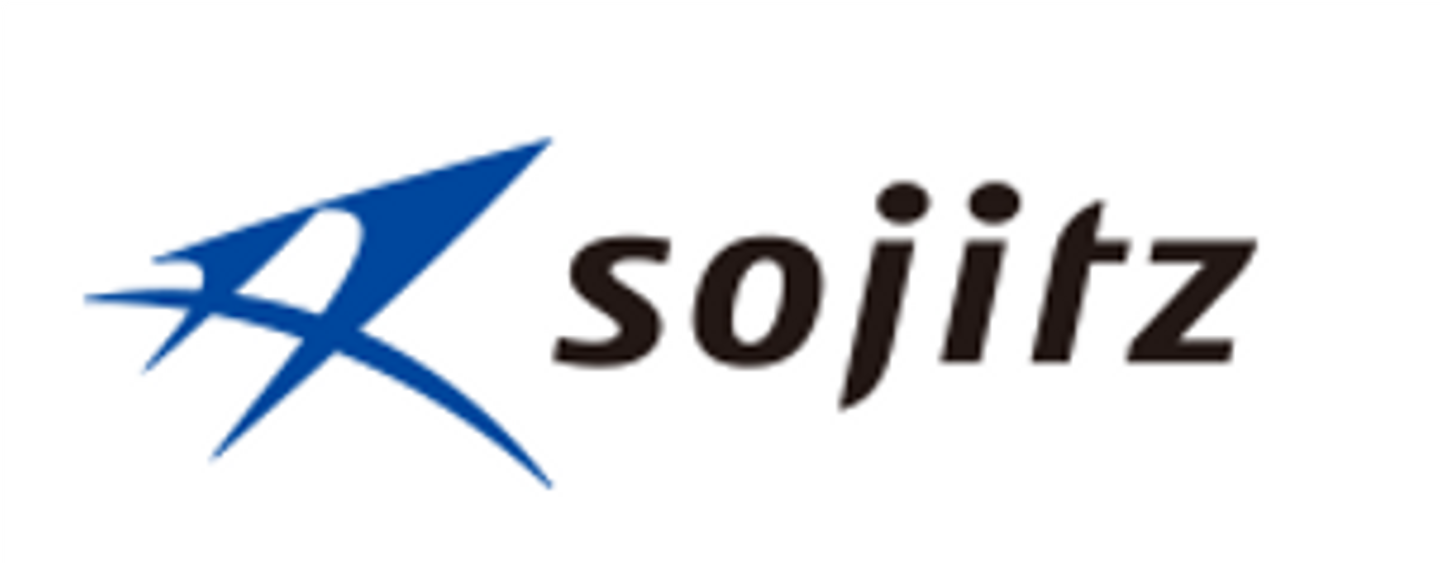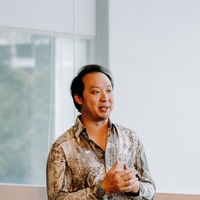The ASEAN DXPF Corporate Innovation Program: Supporting and accelerating Japanese companies’ digital transformation
Note: This is a two-part series, with the first article detailing the ASEAN DXPF Corporate Innovation Program and a Q&A session with the program’s challenge owners
JETRO: An important link between Japan and the rest of the world
The Japan External Trade Organization (JETRO) is a Japanese government-related organization which aims to promote mutual trade and investment between Japan and the rest of the world. Established in 1958, the organisation has 74 overseas offices in 54 countries worldwide.
With digital transformation (DX) gradually gaining importance throughout the world, JETRO understands the need for Japanese companies to undergo this change too. As such, the organisation is focused on driving growth in the digital and innovation sectors during recent years, paying particular attention to the ASEAN region.
About the ASEAN DXPF Corporate Innovation Program
Phase 1: Understanding the needs of Japanese companies
In light of this, JETRO Singapore, in partnership with Enterprise Singapore, launched the Digital Transformation Platform (DXPF) in May 2020. The aim is to support the acceleration of digital transformation for Japanese companies. It is with hope that through this co-creation opportunity with leading DX players, new business opportunities for Japanese companies located in the ASEAN region can be created.

The launch was held virtually with Mr Peter Ong, chairman of Enterprise Singapore, as the guest of honour. More than 40 online events were conducted across various JETRO offices worldwide since the DXPF launch, with a total turnout of around 5,000 participants.
Collaboration was a crucial factor when Covid-19 hit the world last year. As many business operations were affected globally, information was not being communicated properly and efficiently due to employees having to work from home. In some companies’ case, operations came to a standstill when the local government announced a country lockdown.
Mr Masato Tanakai, JETRO Singapore’s Senior Director of Business Development and Public Relations, shared some of his observations. He says, ‘Even though [some] Japanese companies are based in Singapore, they often do joint business with their headquarters [too]. As such, I felt that information should flow properly [between the two working parties] as well [during the pandemic].’
In view of this, as part of DXPF’s Phase 1, several Japanese corporates including JR East, Fujitsu, NEC and Sojitz were interviewed on the challenges they faced, especially those that arose due to the pandemic. With this information, JETRO Singapore, together with IGPI as the operator, organised three breakout sessions during June and July last year. There were three themes for the sessions, namely: Local Businesses, Global Businesses and Living and Work Environment.
Based on these themes, 16 tech companies were selected to pitch their solutions which could potentially aid these businesses to overcome the challenges. Japanese corporates were invited to attend the sessions which attracted more than 500 people to participate, with several match-ups being made.
Phase 2: ASEAN tech companies solving DX challenges posed by Japanese organisations
Phase 2 of the DXPF saw the implementation of the ASEAN DXPF Corporate Innovation Program. The aim of the program is to connect Japanese companies with ASEAN’s leading DX players, so as to promote co-creation opportunities and create new value for companies.

JETRO organised the program with ICMG as the operator. Three companies, namely, IHI Asia Pacific Pte Ltd, Nittoku Singapore Pte Ltd and Sojitz Asia Pte Ltd were invited to be Challenge Owners. Three corporate DX challenges were then set by these Challenge Owners. The challenge statements from the companies are as follows:
Challenge 1: Smart Cloud Data Platform for IHI Future Smart City
Challenge Owner: IHI Asia Pacific Pte Ltd
Theme: To co-create solutions which can support traffic monitoring and management to realise IHI’s future Smart City vision
Challenge 2: Enhancing Industrial Customer Value in ‘New Normal’ Remotely
Challenge Owner: Nittoku Singapore Pte Ltd
Theme: To utilize immersive technologies, such as 3D images, Augmented Reality (AR) and Virtual Reality (VR), to enable technicians to collaborate with local employees remotely for product set-up and advisory
Challenge 3: Building New Synergies by Digitalization of Human Resource Model
Challenge Owner: Sojitz Asia Pte Ltd
Theme: To utilize Human Resource (HR) data through DX and HR tech to create digital infrastructure scalable for future cross-country implementation of strategic HR management
Companies were invited to participate in this competition so as to propose solutions for a specific challenge.
In order for interested companies to have a deeper understanding on the challenge statements, virtual sharing and co-learning sessions were conducted during mid-December 2020.
The competition received an overwhelming response of more than 100 applications. 9 companies were then shortlisted to present their final co-creation ideas on Demo Day, which was held virtually on 9 March 2021.
Singapore: A start-up ecosystem in the ASEAN region
When asked the reason for selecting Singapore as the host of the ASEAN DXPF Corporate Innovation Program, Mr Tanakai says, ‘Singapore is the hub of the start-up ecosystem in ASEAN…The number of deep tech companies in the Fintech and Artificial Intelligence (AI) domains has also increased here significantly.’
The support from government agencies was also another reason why Singapore was selected. Mr Tanakai mentioned that various government agencies, such as the Economic Development Board (EDB), Enterprise Singapore and Infocomm Media Development Authority (IMDA) extended their support during Phase 2 of the program.
As the program comes to a successful close, we had a chat with the challenge owners to find out more about their experience throughout this journey.
Q&A with Challenge Owners
Question: Why did the company decide to come onboard as a challenge owner for the ASEAN DXPF Corporate Innovation Program?
IHI Asia Pacific Pte Ltd: We would like to explain 2 aspects for the reasons. Externally, in the Asia Pacific region, the development of digital application is changing the intelligent industry rapidly. As a catalyst, JETRO’s ASEAN DXPF Corporate Innovation Program accelerated our digital transformation progress. Internally, although IHI owns solid strength in heavy industry, as the regional headquarters, IHIAP wishes to utilize advanced intelligent technologies to upgrade our existing products. Therefore, we could become a solutions provider and expand our business.
Nittoku Singapore Pte Ltd: Machines built by Nittoku are customized for each end user. Majority of these machines are bound for overseas users (outside of Singapore) and require certain skills for setup. Therefore, our engineers are required to travel frequently for machine setup or troubleshooting. We have been on the lookout for suitable technology to allow our engineers to perform setup/troubleshooting remotely. We think this program is an ideal opportunity for us to source for suitable technology and working partner.
Sojitz Asia Pte Ltd: The global trend is moving towards digitalization. Sojitz is into diverse businesses, and one of the new ventures we are looking at is in the areas of innovation and digitalization through co-creation. As Singapore is the regional headquarters for APAC region [for Sojitz], we are looking at ways to digitise our processes and business models. Thus, we are taking this opportunity to escalate our company’s digitisation and also to look at ways to change our HR portfolio management.
Question: Why is it important for the company to go through digital transformation?
IHI Asia Pacific Pte Ltd: Digital transformation can help change our business model from a product supplier to a solutions provider. It is a powerful weapon which will help expand our company’s capabilities and apply them at various areas. In addition, IHI will create new value for our customers through this DX program, and apply it both in Japan and AP region.
Nittoku Singapore Pte Ltd: Digital transformation is important because we are at risk of losing out to new start-up companies if we don’t change. The main objective for going through digital transformation is to achieve higher productivity and efficiency. Such transformation doesn’t simply imply that we transfer all manual work to a digital platform. It also involves the change in employees’ mindsets and company culture.
Sojitz Asia Pte Ltd: We have to start somewhere when it comes to digital transformation as it is a current market trend. Internally, we are going through transformation via the creation of digital footprints. This program came at the right time, as we are looking at ways to collaborate with start-ups to prepare ourselves for future business opportunities in Asia.
Question: What were some of the judging criteria used to access the proposals during Demo Day?
IHI Asia Pacific Pte Ltd: We took careful review for all the submitted proposals. All team members conducted rankings based on these key aspects: techniques applied, platform flexibility and scalability, development timeline, future business model etc. Before making the final decision, IHI also consulted with JETRO and ICMG for their professional advice.
Nittoku Singapore Pte Ltd:The most important criteria is the product function. Our engineers in Singapore [should be able to] use the product to create digital content and share with overseas users. Thus, we are looking at an app which is easy to use and navigate. We are also mindful of the fact that the app will take several rounds of discussions in order to be completed. As such, the service provided by the company is also important.
Sojitz Asia Pte Ltd: We accessed the proposals based on 4 categories, namely: overall assessment of the tender, technological constraints, time constraints and how the proposal is able to meet our needs.
For the overall assessment, we took into consideration things such as timeliness and the solution’s completeness. As for technological constraints, the system’s security level was what we looked out for. In terms of time constraints, the time needed to roll out the plan was evaluated. Lastly, the ability of the system to address our needs was what we took into consideration too.
Question: How’s the company going to work together with the winning team to bring the proposal to life?
IHI Asia Pacific Pte Ltd: We have inventoried our available sources for the coming PoC. Based on the winner’s proposal, we are working with them for the prototype design recently. We would like to consult them for their professional advice and explore the business model for the future. The completion of this prototype is targeted in Q4 in this year. In addition, we plan to promote this platform in the AP region with partners altogether.
Nittoku Singapore Pte Ltd: We are planning to create a pilot project first. We currently have a few ongoing projects, so we will select one which fits the winning team’s proposal. The team will then work together with us to create this pilot project with their solution. We are looking at completing this project by Q3 this year. We also have plans to expand the pilot project to Nittoku’s overseas branches should it be successful.
Sojitz Asia Pte Ltd: We target to segregate the data and do data migration within the next few months. Thereafter, to work with the team to iron out certain details, such as whether certain modules can be added or deleted etc. We would like to use these powerful tools to identify the right staff to handle the jobs [in our company]. We are aiming for the system to go live by the end of this year. There's a possibility that the system’s usage will be extended to the rest of Asia if it is a success.
Challenge Owners’ Company Profiles

IHI Corporation is a comprehensive heavy-industry manufacturer with more than 100 years of history. The company is deeply committed to create value for customers in four main areas, namely: resource, energy and environment, social infrastructure and offshore facilities, industrial systems and general purpose machinery, as well as aero engine, space and defence.

Nittoku is a leading manufacturing company in automatic winding machines and parts. Aside from the core product, Nittoku is also expanding its business in the wire handling system, factory automation, high speed transfer system and RFID arenas. The end product of the machine is widely applied in household products, ranging from automotive, EV, smart phones, home appliances to pet tracking tags.

Sojitz engages in a wide range of businesses globally, including buying and selling, importing and exporting manufacturing and selling products. It also invests in various sectors such as automobiles, energy, aerospace and mineral resources.
We share more details about Demo Day and had a Q&A session with some of the participating companies in the second instalment.
Read Part 2 here.
/assets/images/6011545/original/72f5784c-039e-4e60-a22c-474f59047f44?1609134721)
 Singapore)/assets/images/6011545/original/72f5784c-039e-4e60-a22c-474f59047f44?1609134721)


